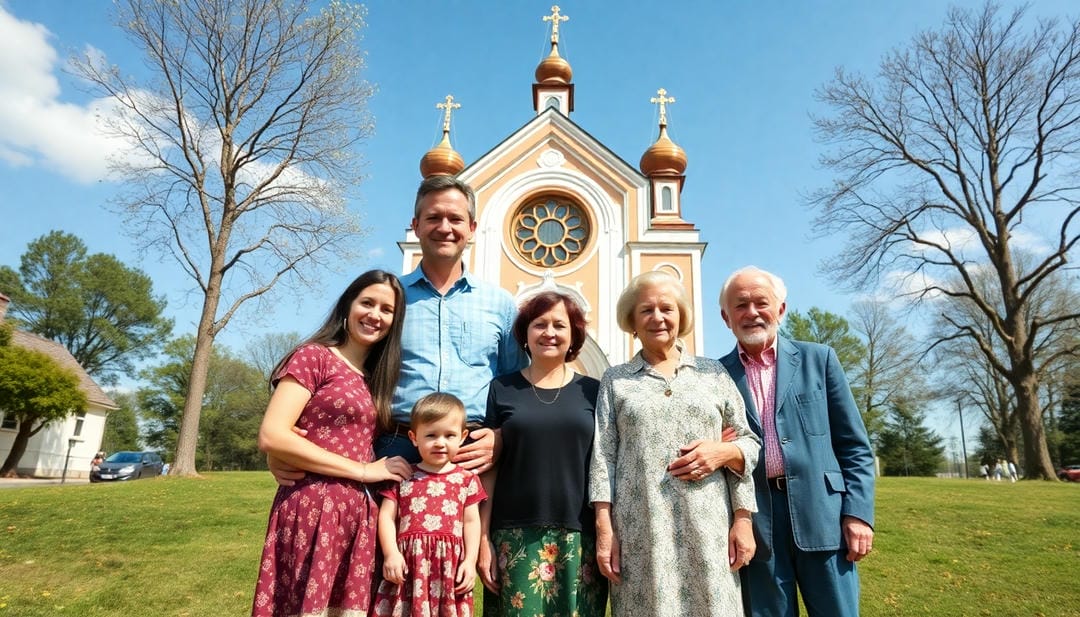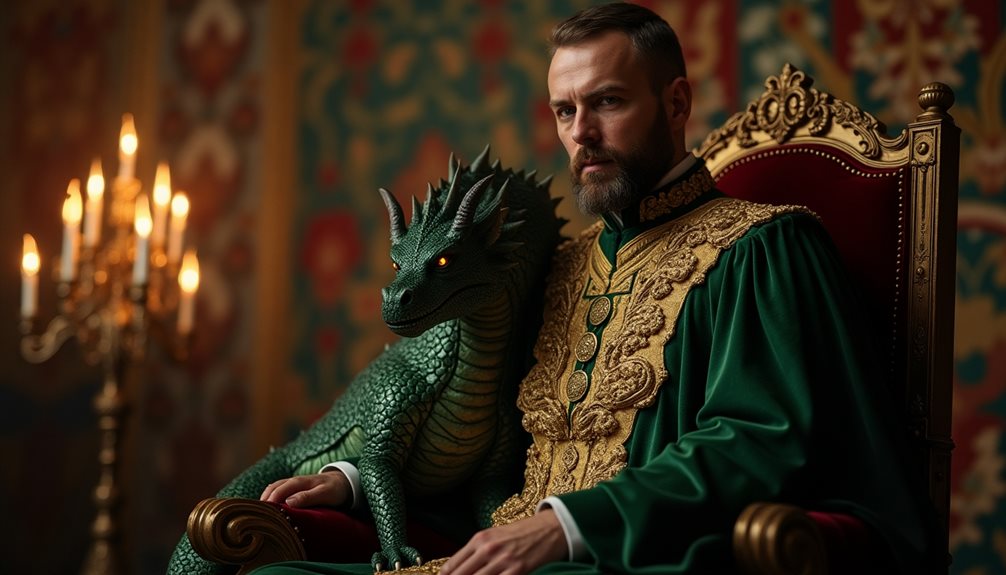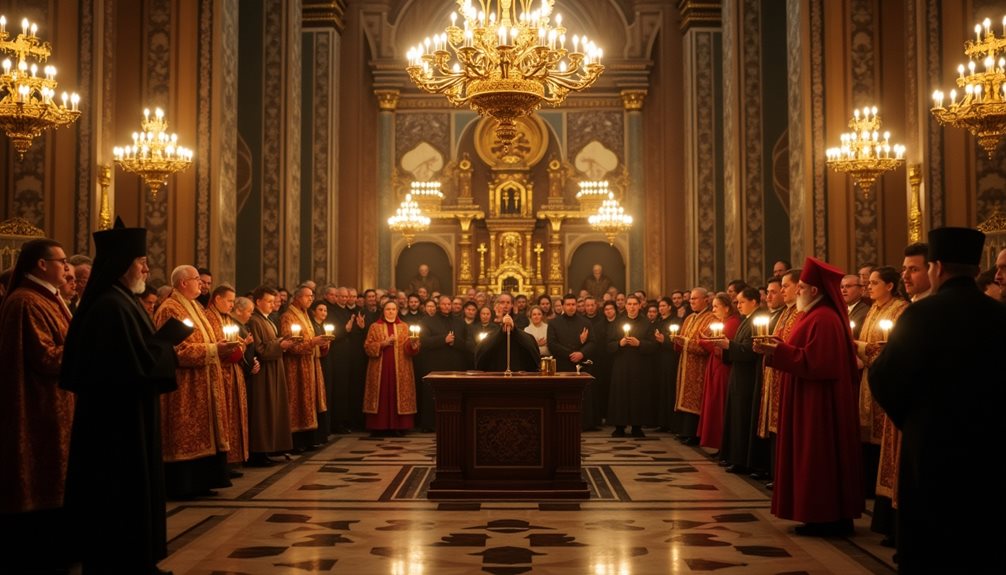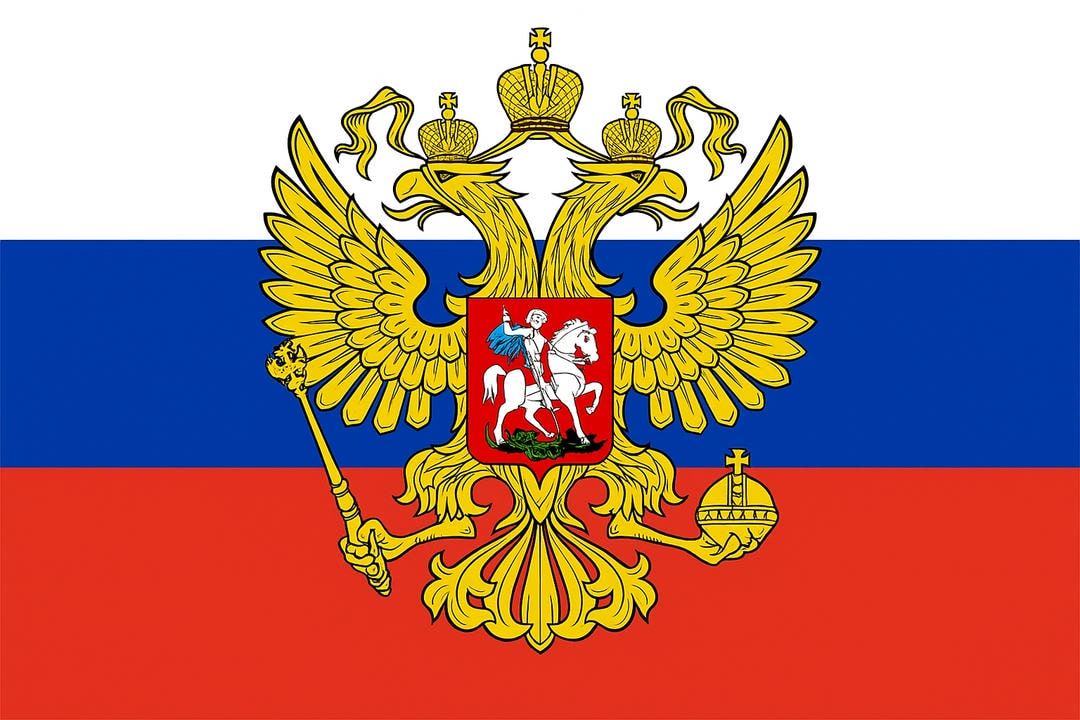Learn the Russian family words in their singular and plural forms. Understanding how to talk about family members is crucial, as family is a common topic in conversations. Russian, like English, distinguishes between singular and plural forms, but the process to form plurals can be a bit more complex. Here’s a guide to help you get started:
Russian Words For Members Of The Family
- Father: In Russian, the word for father is “отец” (otets) in formal contexts or “папа” (papa) in informal situations. The plural form of “отец” is “отцы” (ottsi), though it’s less commonly used since families typically have one father. “Папа” doesn’t really have a plural form in everyday speech because it’s an affectionate term.
- Mother: Similarly, “мать” (mat’) is the formal word for mother, while “мама” (mama) is used casually. The plural for “мать” is “матери” (materi), but like “отцы”, it’s not commonly used in everyday conversation due to its formal nature.
- Brother: The word “брат” (brat) translates to brother. Its plural form is “братья” (brat’ya), which you would use when talking about more than one brother.
- Sister: “Сестра” (sestra) means sister. The plural form is “сёстры” (syostry), used when discussing more than one sister.
- Grandfather: “Дедушка” (dedushka) is the word for grandfather. Its plural form is “дедушки” (dedushki). There’s also an informal or affectionate form “дед” (ded) with the plural “деды” (dedy).
- Uncle: “Дядя” (dya’dya) means uncle. The plural is “дяди” (dyadi).
- Aunt: “Тётя” (tyotya) is the word for aunt, with the plural form being “тёти” (tyoti).
Formation of Plurals in Russian:
- Most nouns in Russian change their ending to form the plural. The exact change depends on the gender, stress, and the ending of the singular form of the noun.
- Masculine nouns ending in a consonant usually add “-ы” or “-и” (after г, к, х, ж, ч, ш, щ).
- Feminine nouns ending in “-а” typically drop the “а” to add “-ы” or “-и”.
| English | Russian (Singular) | Russian (Plural) |
| Father | отец (otets) | отцы (ottsi) |
| Father (informal) | папа (papa) | N/A |
| Mother | мать (mat’) | матери (materi) |
| Mother (informal) | мама (mama) | N/A |
| Brother | брат (brat) | братья (brat’ya) |
| Sister | сестра (sestra) | сёстры (syostry) |
| Grandfather | дедушка (dedushka) | дедушки (dedushki) |
| Grandfather (informal) | дед (ded) | деды (dedy) |
| Uncle | дядя (dya’dya) | дяди (dyadi) |
| Aunt | тётя (tyotya) | тёти (tyoti) |

TIP: When learning these, remember:
- Practice pronunciation, as the stress in Russian can change the meaning of words.
- Russian often uses diminutive forms like “мамочка” (mamochka) for “mommy” or “папочка” (papochka) for “daddy” to show affection or when talking to children.
- The plural forms might not always be used in everyday speech due to the context (like having multiple fathers or mothers in a family setting).
Keep practicing these words in sentences to get comfortable with their usage, and don’t hesitate to listen to native speakers or use language learning apps for better pronunciation and context.




